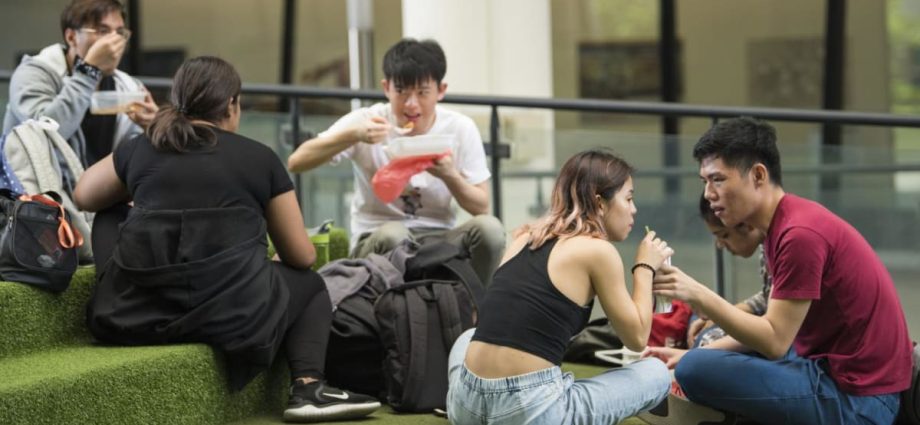
SINGAPORE: Women are “more susceptible to believing in the woke side of things”. That’s what Mr Ng, a 30-year-old Singaporean who only wanted to be known by his surname, believes.
The finance executive identifies as politically conservative. “I guess the left has gone so far left that anyone in the moderate spectrum becomes conservative,” he told CNA.
For a few years now, Mr Ng has regularly gotten his news from, in his own words, “conspiracy theorists” like Alex Jones, the US far-right media personality and owner of the InfoWars fake news website.
Some of his views are influenced by the preoccupations of US politics. For example, he believes that allowing children to transition to another gender before they reach adulthood is “child abuse”.
He also holds opinions that are outright controversial in Singapore. He thinks the COVID-19 vaccine is dangerous and should not be taken, and that people should have the freedom to say that without being censored.
Mr Ng has noticed that among his friends – most of whom are male – the men are more likely to share his views than the women.
He belongs to a reportedly growing group of young men around the world who align with right-wing, more conservative worldviews. And they are veering away from female peers who are trending in the opposite direction towards left-wing, more liberal worldviews.
This is opening a “dramatic” ideological gap between young men and women – a “new global gender divide”, according to the Financial Times in January.
And it upends a well-established pattern that “every generation tends to move as one in terms of its politics and general ideology”.
“Gen Z is two generations, not one,” said the British paper, citing data from South Korea, Germany, Poland, the United Kingdom and the United States.
In Singapore, despite the views held by Mr Ng and some other young people interviewed by CNA, studies of the wider population show that this global gender divide does not seem to be prevalent here.
Instead, the picture is mixed. One researcher even said the trend of young women being more liberal could be the reverse in Singapore.
What the surveys do show, however, is some gender differences in views on issues like racism, marriage and parenthood – which can in turn inform political beliefs.

